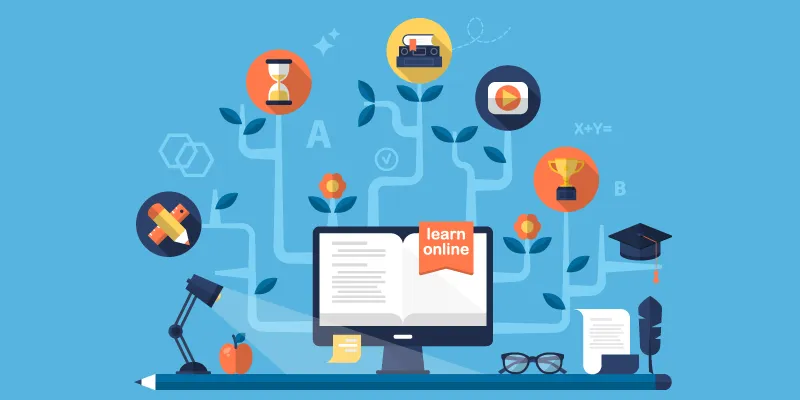Why Learning Management System is useful for all students
There are so many students and such few teachers. Due to this imbalanced student-teacher ratio, teachers are unable to provide each and every student with individual attention. This can hamper a student's learning experience. After evaluating a student's performance, Learning Management System (LMS) adapts to a student's needs and provides personalised solutions to their queries and problems. Moreover, since today's generation is driven by technology, teaching methods need to adapt to the digital means of instructions. With the help of LMS, teachers can keep a check on the quality of online content. Another important factor of LMS is that if one feels that the content recommended to them is too difficult or of poor quality, they can write a review stating the same.

Image : shutterstock
Here are a few reasons as to why Learning Management System is useful for young minds:
Scholarly planning
LMS promotes both session and resource management. Professors can share the course overview and lesson plans with students as and when necessary. This encourages active learning if implemented efficiently. Instead of just absorbing knowledge passively, students can suggest preferred modules to be included in their course, which makes the exchange of knowledge a two-way street.
Asset building and regulation
LMS contains in-built applications like word processor, spreadsheet, and slideshow presentations that allow the creation of different course material like test papers, questionnaires, and so much more. This saves the time and energy of the students as well of the teachers. It also enables teachers to add and edit the archives as and when necessary.
Overseeing and tracking
Actionable and relevant reports on the performance of both students and teachers are presented based on their application of the course material. While many functions of LMS make it advantageous for management and delivery of content, there are certain disadvantages. For instance, LMS responds only to the user's petition, without heeding to the requirements to further the learning progress. The continuous process of technology development has led to the creation of Proactive Learning Management System (PLMS), a smarter LMS. Besides helping in overseeing and tracking, PLMS also helps students assess how they've performed.
What is the exacting difference between PLMS and LMS?
Contrary to LMS, which answers to a user's request or command, PLMS is constructed to bring about a productive action rather than simply replying to directives. According to computer researcher David L Tennenhouse, proactive systems work on two premises – on behalf of the user, and also, on their own initiative, without any instruction from the user. PLMS provides a constant evaluation of the user's online interactions. Here, the learning is an endless process and there is a critical effort to fulfill the predetermined learning objectives of pedagogical theories like situated learning, problem-based learning and so on.
An education and technology company should have proper infrastructure to create a PLMS and successfully provide the required support to run it efficiently. While at it, Augmented Reality (AR) and Virtual Reality (VR) digital content should be included to make the most of the digital medium.







